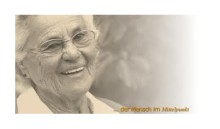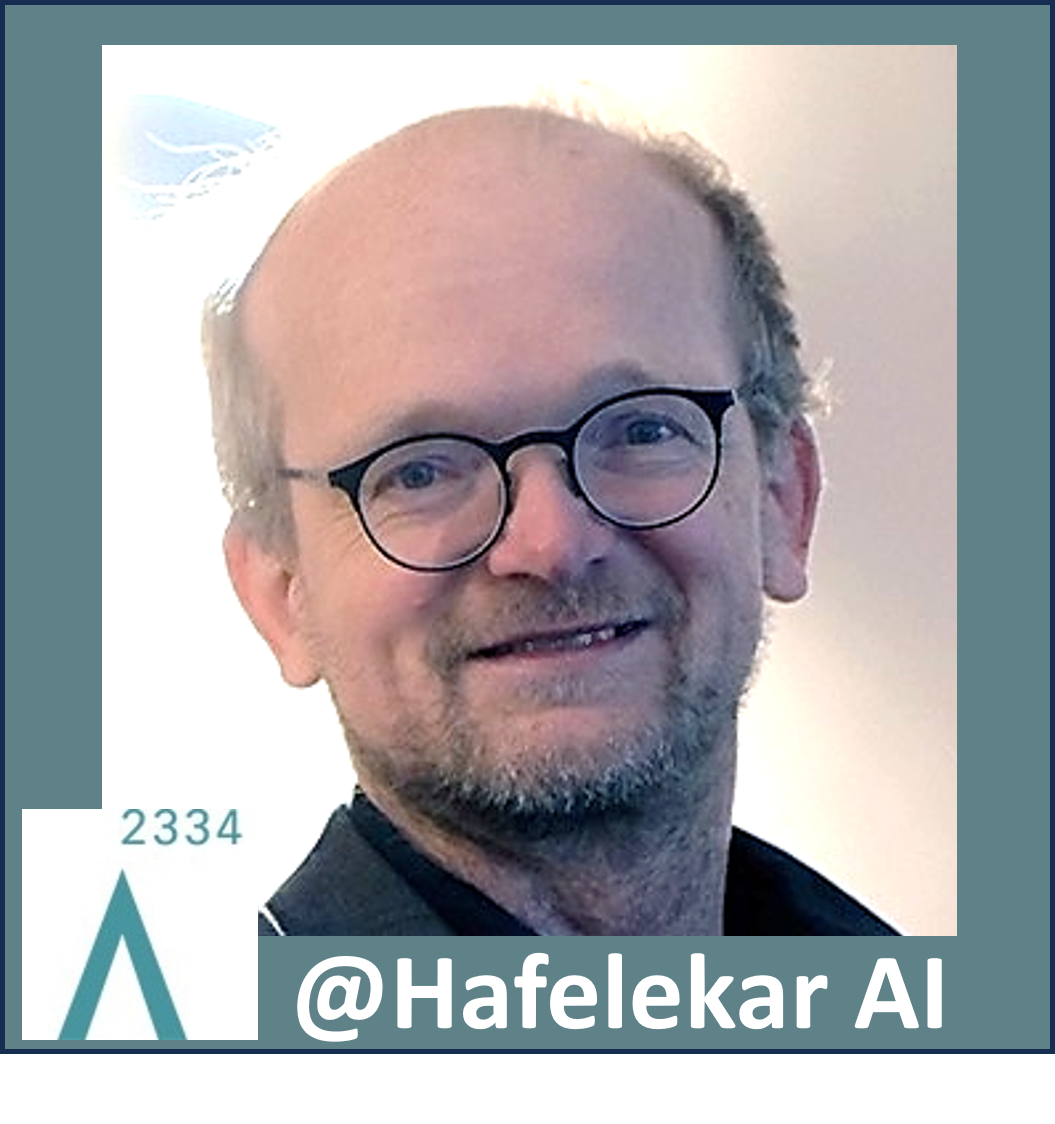
Demand and development study for care of the elderly in the district of Lienz
In the district of Lienz multiple system partners ensured the formal care and care of old people. In order to meet the challanges of the future in demand and economics, a holistic approach and realignment was necessary.
The project “Demands and development study for the care sector in the district of Lienz” was the representation of the existing welfare system for elderly and dependent persons in the district and, based on that, included the formulation of recommendations for the (further) development of nursing and care services.
The following topics were covered by the study:
- Analysis of the existing resources in the district of Lienz
- Strengths / weaknesses analysis of the existing social system for the elderly and infirm
- Guidelines for an overall strategy for sustainable supply of nursing
- Formulation of short-and long-term recommendations for action
- Basis for decisions regarding construction of a nursing home (Nussdorf Debant)
- Assessment labour demands and proposals for meeting the needs
Client
Association of Local District retirement homes Lienz
Project duration
January till Juli 2012






